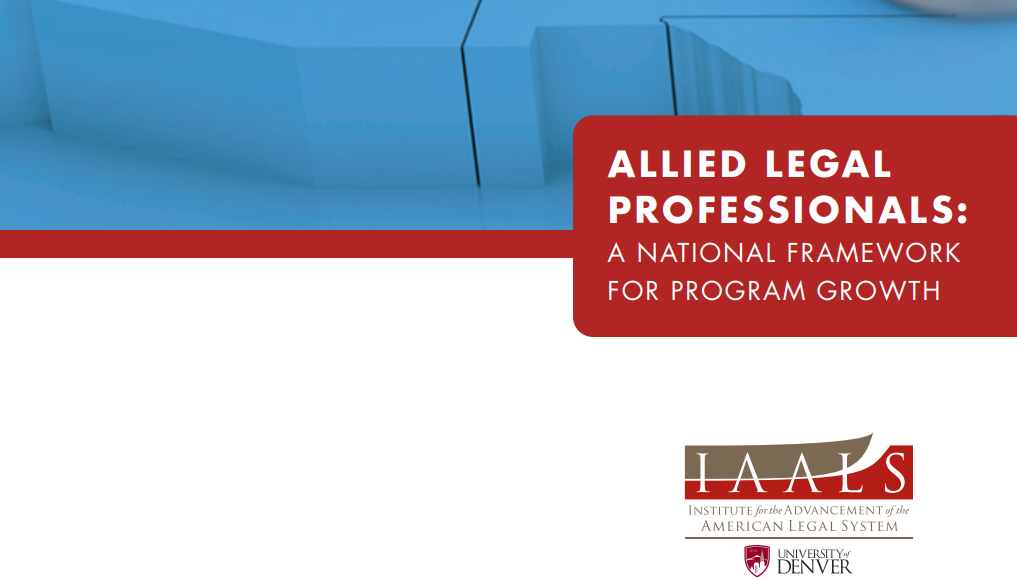AI, data quality and security, and court staffing were among the hot topics discussed at this year’s Data Specialists/Information Technologists Summitearlier this month. This year, 79 attendees from 24 states joined NCSC for two days of data and information technology presentations and discussions at the Maryland Judicial Center in Annapolis. Experts from courts, academia, and partner agencies joined NCSC staff to share trends and best practices.
“Both data and technology have become increasingly important to courts. Events like the summit provide an invaluable opportunity for us to take the time to think strategically about collection and use of state court data, now and in the future,” said Diane Robinson, an NCSC principal court research associate and summit organizer.
The agenda featured sessions on the National Open Court Data Standards, use of data to improve court services and communication, implications of record clearance initiatives on court data, and data quality improvement. Attendees also explored emerging topics like “AI and Court Data” and “Ethics and AI.”
NCSC Data Scientist Andre Assumpcao offered a live workshop, “Beyond ChatGPT: How can AI tools help you?” where he shared NCSC’s experience using large language models, such as ChatGPT, to extract data from court documents. The workshop was part of NCSC’s new product, the Data Dives series, and featured a demonstration of a data pipeline, which took in PDF documents, performed Optical Character Recognition (OCR) for extracting the text, and then restructured the textual information into a CSV file using ChatGPT.
View the workshop, presentation slides, and session notebook online at ncsc.org/datadives.




